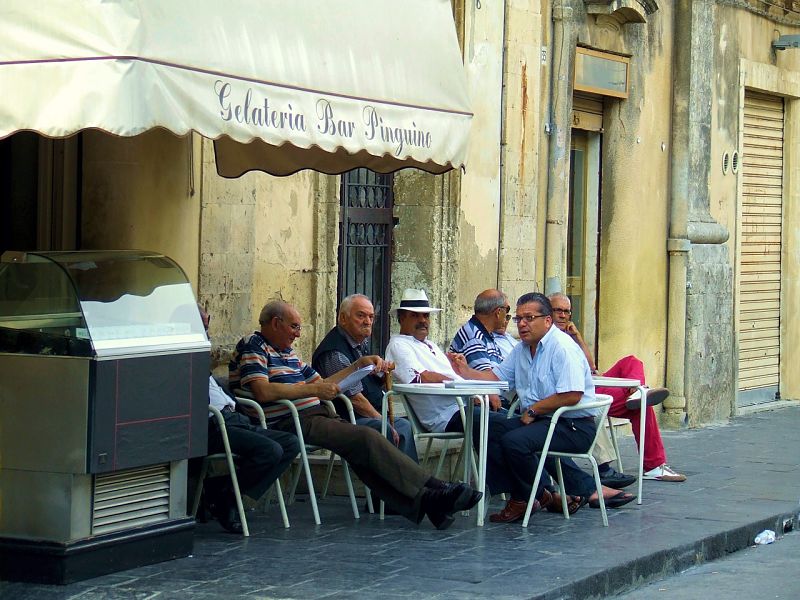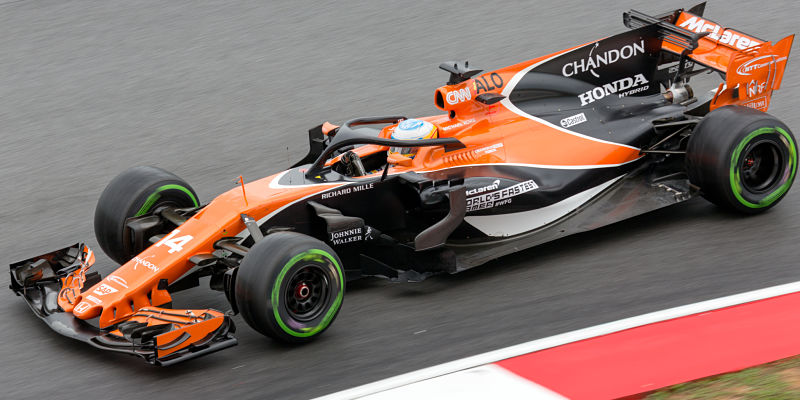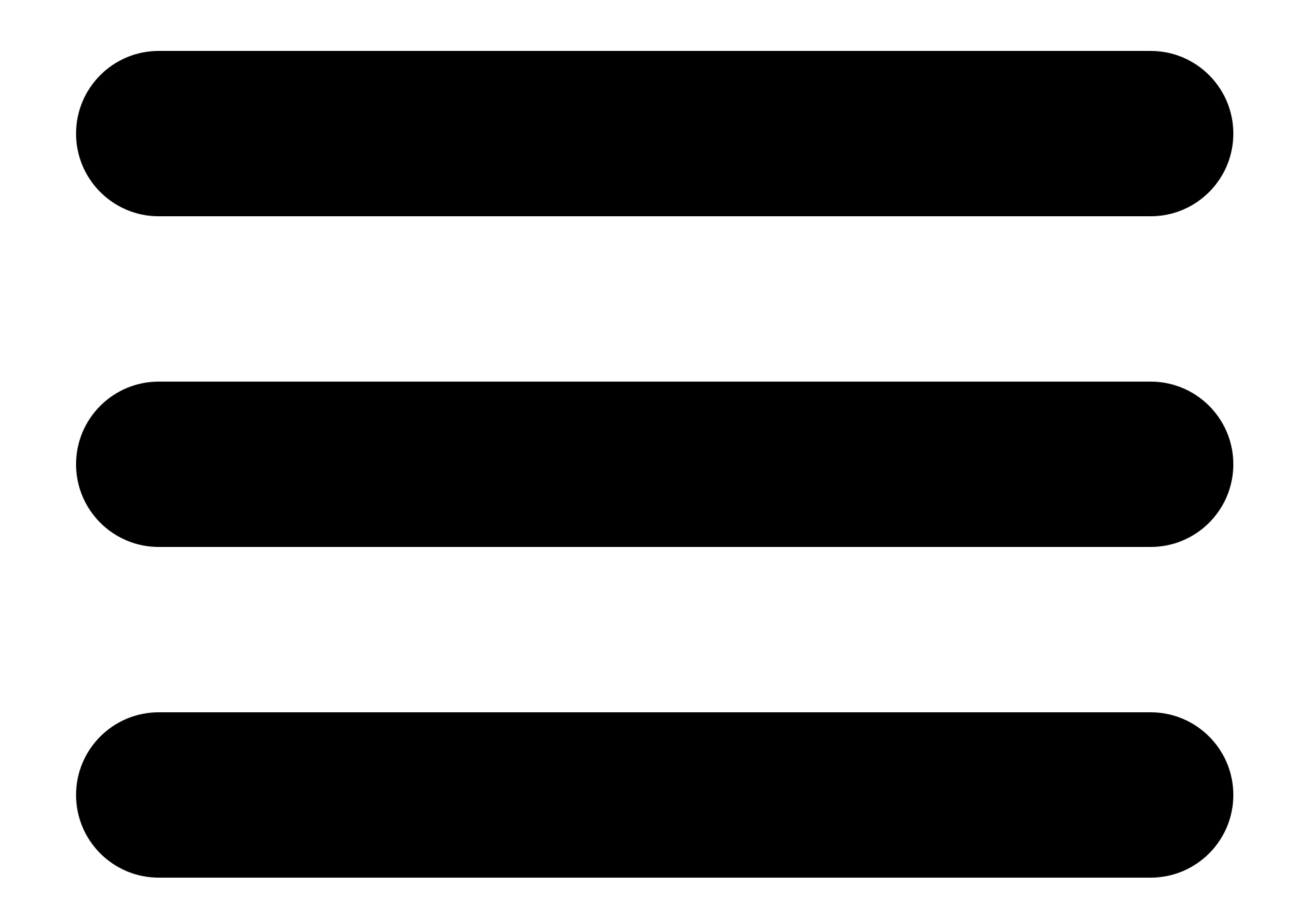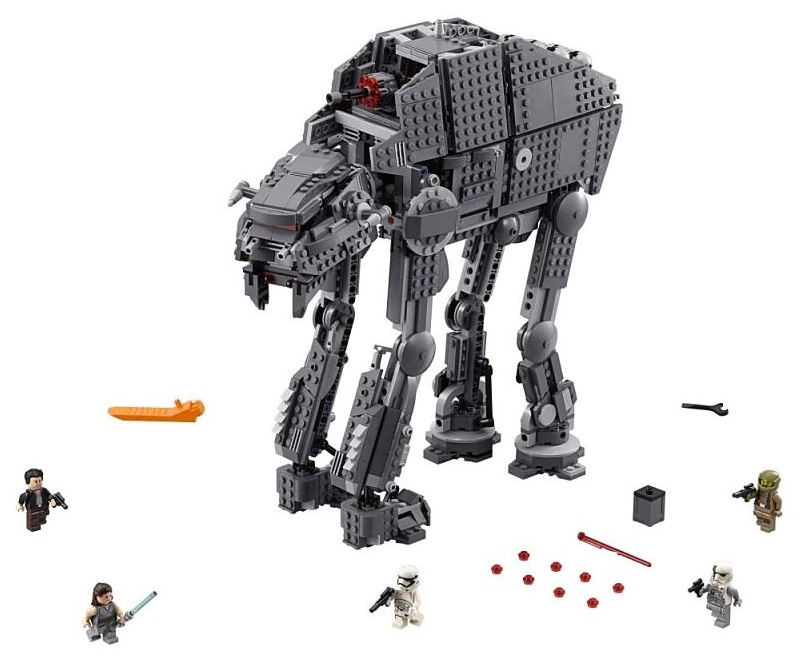If you ever sit at a meeting of e-tailers, you will hear the words "conversion rate" sooner than later, followed by percentages, all invariably with two decimal positions. E-tailers brag about their conversion rates like fishermen about their catches: "My conversion rate is 2.89%" or "My category [sic] of pet food converts at a 4.23%" followed by appreciative nods.

eCommerce is transparent in real time
Imagine that you are in charge of the e-commerce division of a retailer with thousands of euros of total revenue. A new version of your website is ready to launch in a few hours after many months of work.
Admittedly the current online turnover is nothing to write home about, but boy, the monthly growth of the online business is by far the best of all the areas of the retailer.
The investment of the new version is significant: "It is our future", your CEO reminded you earlier today. One of the beauties of e-commerce is that the data of sales are available in real time, so you are a few days away from knowing whether all this endeavour will pay off or otherwise.
Nobody can blame you for feeling a bit twitchy just before pressing the button "Enter" that releases the new version.
The curse of the new versions

Have you resisted to try the new version of your online bank or, say, the more recent Google Calendar? And when you have used the new one, have you come back to the previous version if the website allowed you to? I have, and it is only natural. Changes of a familiar interface increase the cognitive load.

A dilemma: product pages vs category pages
Category pages usually capture less organic traffic than product pages... and they tend to convert worse.
The table below contains real figures of an e-commerce website capturing more than one million visits monthly. Product pages capture more than twice the number of visits of organic traffic of category pages. Product pages convert 50% better than category pages. In this example, Product pages are 3 times more valuable than category pages.
Landing pagesCapture organic % over total% Conversion Rate orders / visitsCategory pages23.72%0.63%Product pages49.65%0.93%
Category pages are great to present the products in the ranking that maximises sales. The most common rankers of category pages are price, relevance and the score that the store decides. The latter is usually an algorithm weighting operative margin per reference and factors pertaining the business like users' preference, providers rank, etc.
We know that some users have a search intent in organic for which category pages fit better than product ones. Examples of this can be "Lego" which is so generic that it probably is about browsing the catalogue of tens of sets of the brand. A search containing the keywords "First Order Heavy Assault Walker" expects a product page.

Category pages are thus relevant in some instances and they do eventually convert nevertheless. In fact, marketers present recommendations on product pages because the behaviour flow of users includes
The search engine
Search engine technology is usually very important in e-commerce. We found that sessions with search involved at some point were 80% of the total visits to a large e-commerce website. The searches converted seven times better than sessions without them. Logged-in customers did also use search as intensively despite being familiar with the navigation and the inventory.
An e-tailer wants to: improve the performance of the search engine and make the search functionality accessible, clear and easy to use.
Comments are moderated and will only be visible if they add to the discussion in a constructive way. If you disagree with a point, please, be polite.



Tell us what you think.